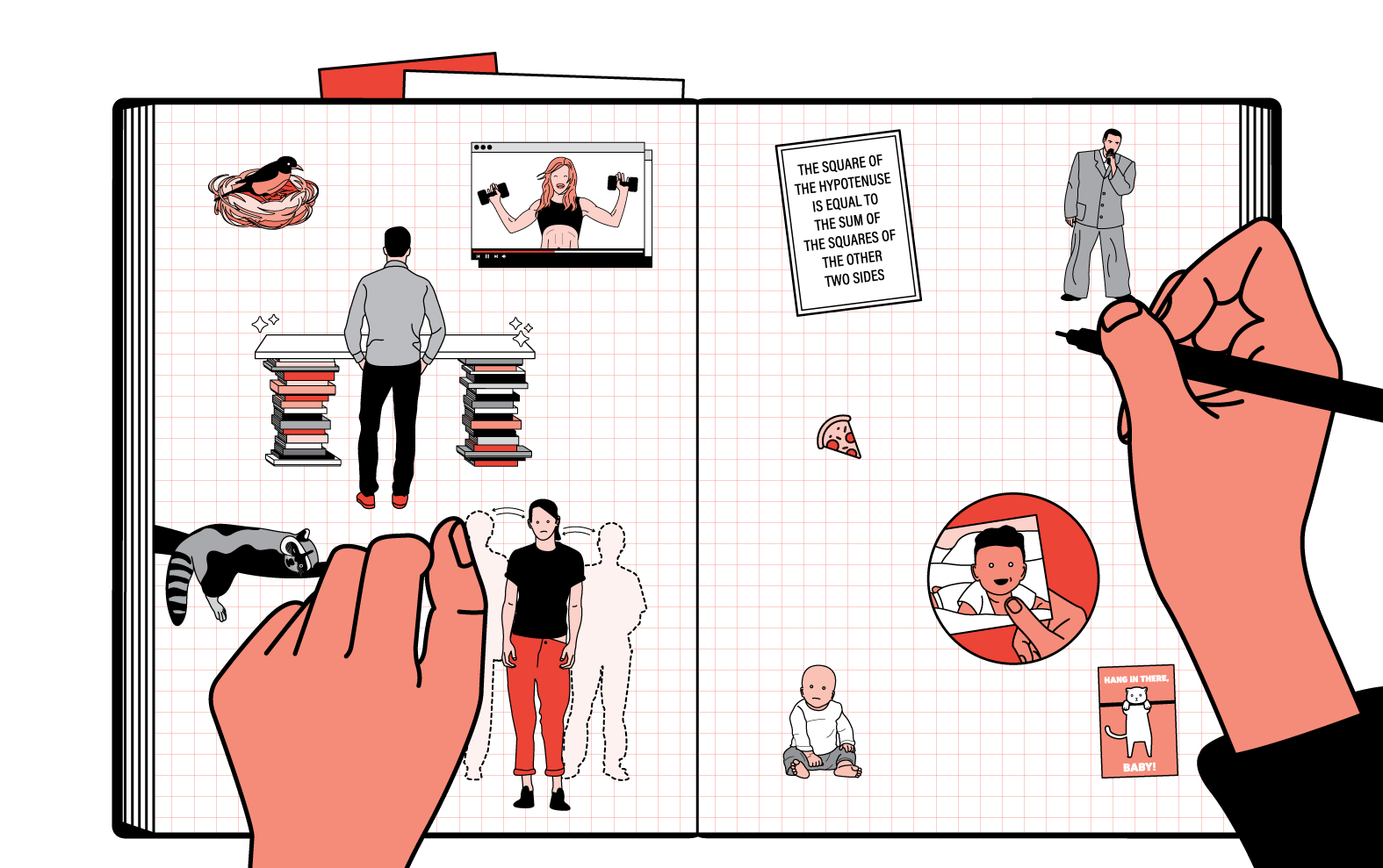 Scroll
Scroll
Survival Diaries
October 1st, 2020 | Issue one hundred thirty-two

When did the apocalypse finally arrive? Was it April 2, by which time more than a million people globally had contracted COVID-19? Was it March 26, when the United States surpassed all other countries in its number of confirmed cases? Or January 21, when the first case of the novel coronavirus was confirmed in the United States?
The truth is that by December 2019, the mood in this country was already firmly apocalyptic. Teenage activists were demanding that politicians act immediately to limit global warming to 1.5 degrees Celsius, and the politicians were ignoring them. Fires were consuming the West on a yearly schedule. Far-right nationalist movements were spreading unabated worldwide. President Trump was running for reelection, and the likely Democratic candidate represented an uninspiring attempt to return to a more innocent time, a time that had never existed, remember that?
When the coronavirus reached the United States, the disruptions that had long simmered on the margins spread to the center. The government told lies in official press conferences and people who listened died. A quarter of employed Americans lost some or all of their jobs, while the personal net worth of Jeff Bezos continued its upward trajectory in the twelve digits. Ahmaud Arbery, Breonna Taylor, George Floyd, Tony McDade, and others were killed, and citizens who marched in the streets to protest their murders were violently suppressed by the police. Journalists stopped talking about the climate.
Here it was, a changing of the world order. Though, for many of us, the apocalypse had arrived long ago—in 1619, in 1492—and we had kept on living.
For those of us who understood the stakes of living among other people, the viral pandemic presented only the most recent illustration. It reminded us that the lines between our bodies and the bodies of others are permeable, that harm done to one can spill over onto another. We had to acknowledge our connections with family, neighbors, strangers who shared our vulnerabilities. For those more deeply enmeshed in the American myth of self-determination, however, the pandemic was a challenge: how to lock down the borders of the self. Survival is a contest, after all, and it is played alone (at least on TV). To survive 2020 one need only a Zoom account, a fitness regimen, unobstructed access to the full range of consumer choice, and a personal firearm.
If only it were so easy! Survival, as the following writers tell us, is a group effort. It requires constant maintenance. It’s a process, a healing, a daily prayer. There is no winning—but nor is losing the inevitable outcome. Out of apocalyptic soil, new ways of existing will rise. To get us there, we rely on the same strategies we’ve always used to get us through the perpetual crisis of life.
—Camille Bromley
You have reached your article limit
Sign up for a digital subscription and continue reading all new issues, plus our entire archives, for just $1.50/month.
Already a subscriber? Sign in




